 |
| July 13, 2022 |
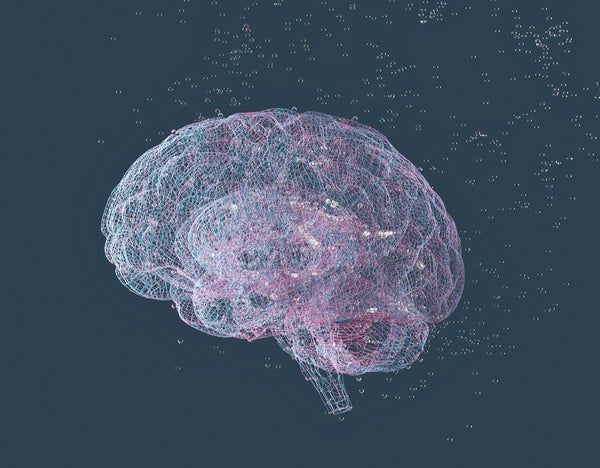 |
| |
| |
| |
| |
| |
| |
| |
| |
| |
FROM THE STORE
 | | Technology vs. Truth: Deception in the Digital Age In the digital age, information, both true and false, spreads faster than ever. The same technology that provides access to data across the globe can abet the warping of truth and normalization of lies. In this eBook, we examine the intersection of truth, untruth and technology, including how social media manipulates behavior, technologies such as deepfakes that spread misinformation, the bias inherent in algorithms and more. |  | | |
FROM THE ARCHIVE
 | | | |
LATEST ISSUES
 |
| |
| Questions? Comments?  | |
| Download the Scientific American App |
| |
| |



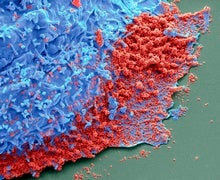

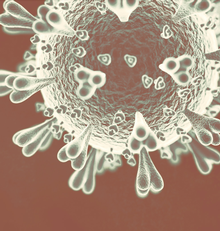

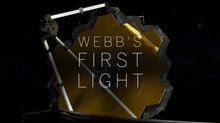
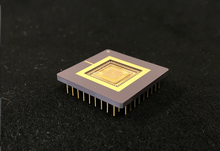

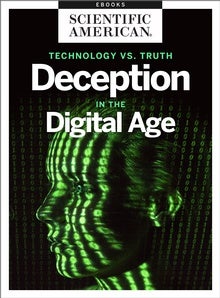


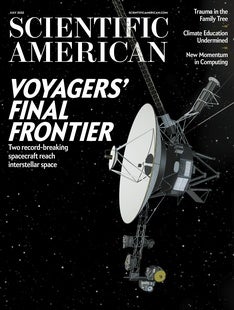

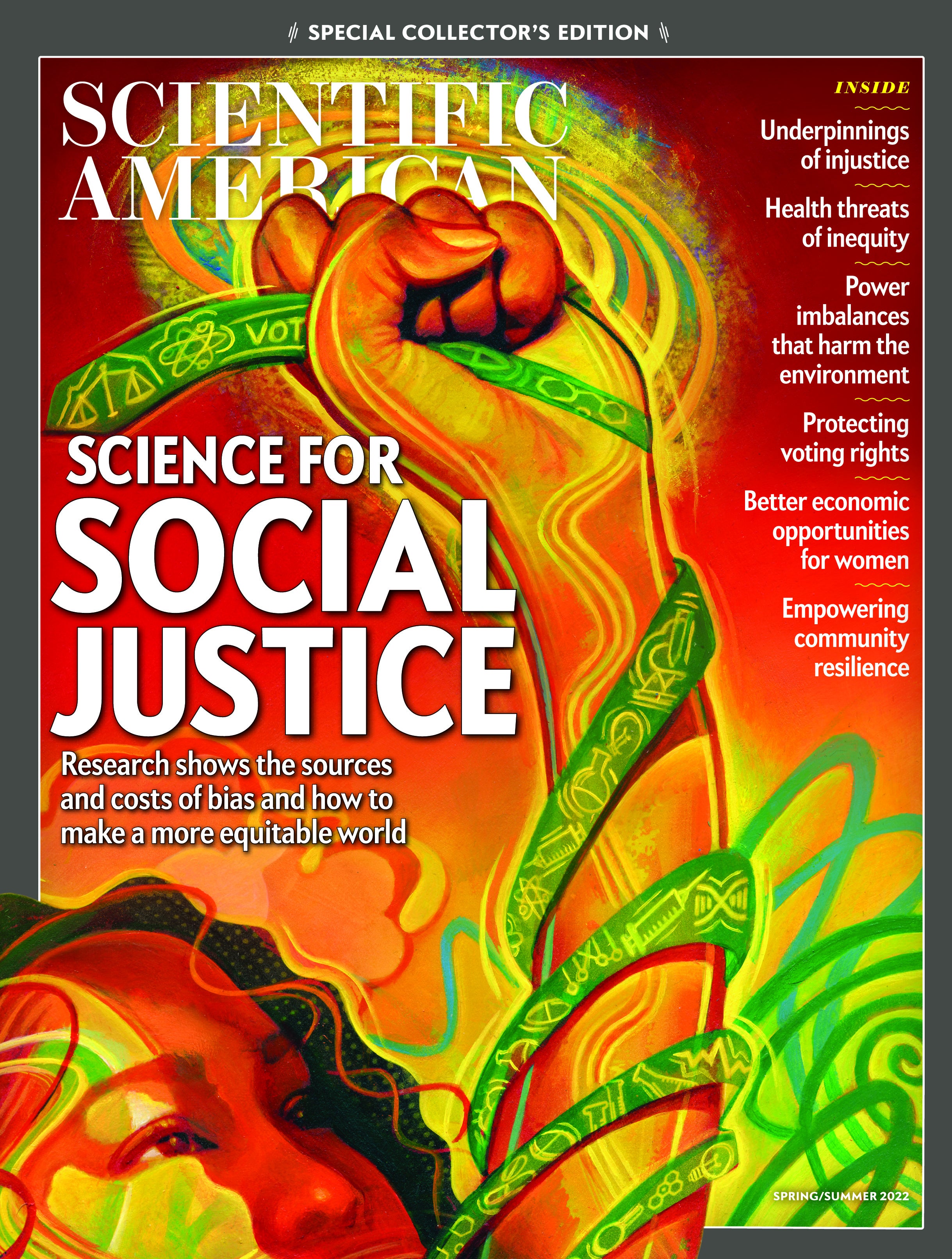
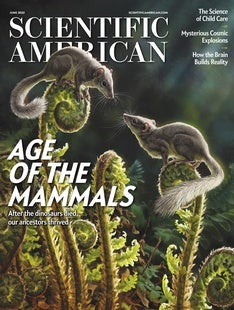
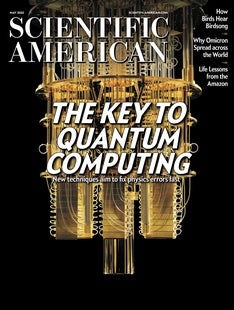



Comments
Post a Comment